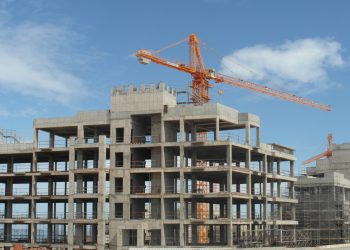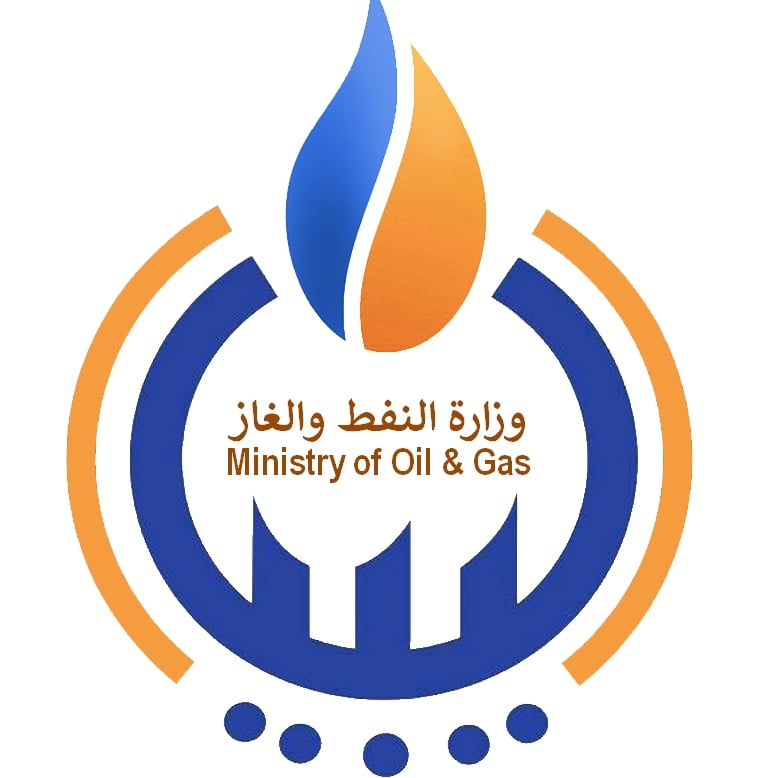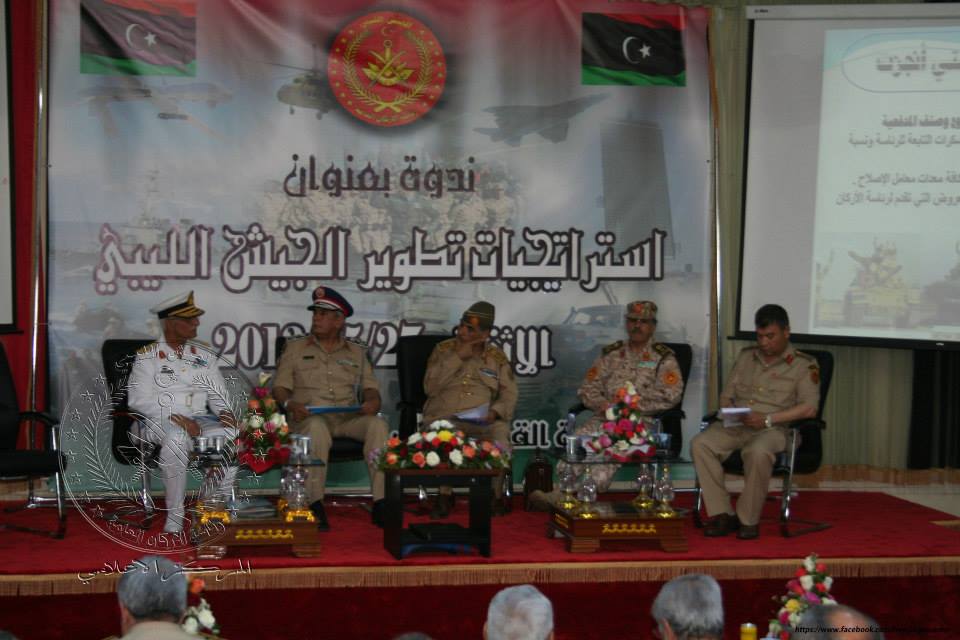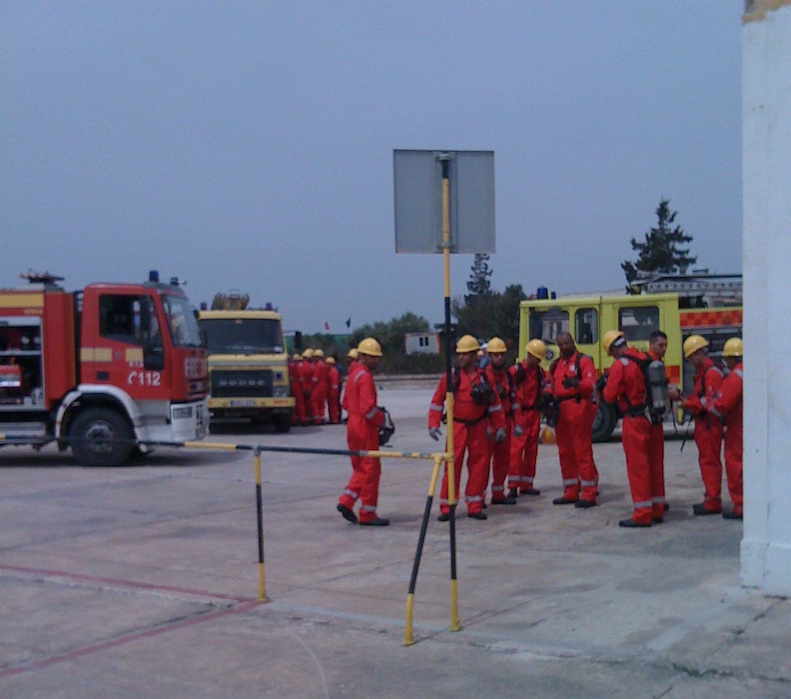By Sami Zaptia.

Tripoli, 27 May 2013:
The crude oil pipeline stretching between field 103 and Zueitina oil port has been reopened following . . .[restrict]an agreement reached between the Ministry of Oil and the protest organizers from the Zwaya tribe, LANA reports.
As reported previously by Libya Herald, this was the fourth time since November that protestors have forced the closure of the Zueitina oil terminal, in an enduring dispute over jobs for locals.
The report said that locals had reached an agreement “by opting to place the country’s interests above their demands”.
Protesters expressed satisfaction with the reached results following their meeting with the Deputy Minister of Oil, Omar Shokmak and the two GNC members for Ajdabia, Abdel-Salam Khamis Ajhar and Musa Faraj Bujafoul as well as GNC Energy Committee member, Musa Faraj Zuwai.
Shokmak and his entourage listened, during their visit, to the reasons behind the protest and to the protestors’ demands for employment and recruitment as well as to put an end to their region being a victim of marginalization.
During the meeting, which was attended by dignitaries and elders of the Ajdabia and surrounding area, the Deputy Minister praised the sacrifices made by the youth of Ajdabia during the liberation war and their contribution in protecting and securing the oil installations and oil fields around the area.
He stressed that the ministry will work hard to improve the living conditions of the region and give it more attention and priority since the area was a front line during the revolution against Qaddafi’s brigades.
Shokmak, however, added that “the right to demonstrate and protest peacefully is a natural right for everyone, no one has a right to ban or deprive citizens of this right, but this should be done without causing damage to the country’s interests. Demonstrating peacefully is considered a duty because it reveals to officials, wherever they may be, people’s needs and requirements as well as places or points of failure to those responsible”.
He pointed-out that the ministry is in the process of developing a comprehensive and practical work programs that would enable citizens to live with dignity.
It is worth noting that the GNC issued a statement recently declaring that all Libyan state institutions and oil installations belong to each and every Libyan citizen, regardless of these institutions/ installations’s geographic location, and that no one has the right to close any of them down or prevent them from performing their functions.
Such an act, the statement stressed, would be considered sabotage and harmful to state and to its economy as well as being contrary to Libyan laws and legislations and make the perpetrator of such acts liable to legal action. [/restrict]









